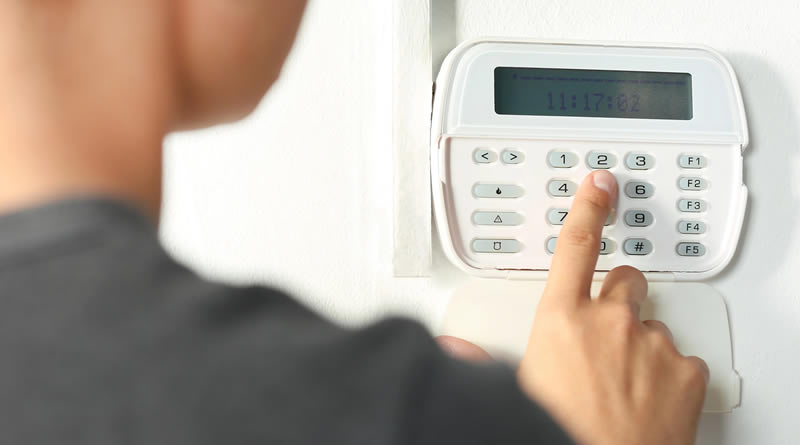Understanding How Home Alarm Systems Work and Their Advantages
Home security is a top priority for homeowners, and one effective way to protect your property and loved ones is by installing a reliable alarm system. Alarm systems offer peace of mind and act as a deterrent against intruders. In this article, we will delve into the workings of home alarm systems and explore the advantages they provide.
The Components of a Home Alarm System
A typical home alarm system consists of several interconnected components working together to detect and respond to potential security threats. These components may include:
- Control Panel: The control panel is the central hub of the alarm system. It allows users to arm or disarm the system and communicates with other components.
- Door and Window Sensors: These sensors detect unauthorized entry through doors and windows. When a door or window is opened, the sensor triggers an alarm, alerting the homeowner and potentially scaring off intruders.
- Motion Sensors: Motion sensors are designed to detect movement within a designated area. They can be installed in key areas such as hallways, living rooms, or entry points. If motion is detected when the alarm system is armed, the sensor triggers an alarm.
- Security Cameras: Security cameras provide visual surveillance of your property. They can be connected to the alarm system, allowing you to monitor live footage or review recordings remotely.
- Alarm Sirens and Notifications: When a security breach is detected, alarm sirens are activated to alert occupants and neighbors. Additionally, some alarm systems can send notifications to your smartphone or a monitoring service, ensuring you’re aware of any security events.
The Advantages of Home Alarm Systems
Investing in a home alarm system offers several advantages:
- Deterrence: The mere presence of an alarm system can discourage potential intruders from targeting your home. Visible signs, such as alarm company stickers or yard signs, serve as a deterrent, as criminals are more likely to avoid properties with visible security measures.
- Immediate Response: In the event of a break-in, alarm systems provide a rapid response. Sirens and notifications alert homeowners, allowing them to take necessary action, such as contacting authorities or checking surveillance footage.
- Fire and Carbon Monoxide Detection: Many home alarm systems include smoke detectors and carbon monoxide detectors, providing early warning in case of fire or gas leaks. These features can save lives and minimize property damage.
- Remote Monitoring and Control: Modern alarm systems offer remote access and control through smartphone apps. This allows homeowners to monitor their property, receive notifications, and control the alarm system from anywhere, providing convenience and peace of mind.
- Insurance Benefits: Installing a home alarm system may qualify you for discounted insurance premiums. Insurance providers often offer reduced rates to homeowners who take proactive steps to enhance home security.
By understanding how home alarm systems work and the benefits they offer, you can make an informed decision when considering the installation of an alarm system for your home. Remember to choose a reputable alarm system provider and consult with professionals to determine the best system for your specific needs.
Note: This is a sample article that follows the given format and guidelines. It is not an actual complete article on the topic.




